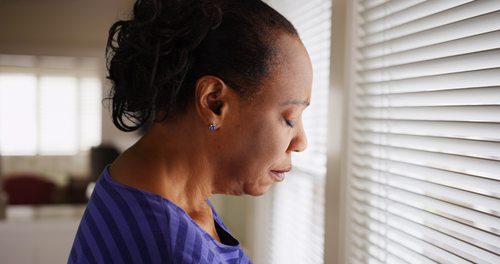What is a psychological addiction? A psychological addiction is defined as a compulsion or a perceived need to use a drug. For example, an individual addicted to marijuana might think that they can’t fall asleep without taking the drug. When the psychological addiction is severe, these thoughts can become all consuming, and the individual will need help if they don’t want to be wholly dependent on a drug. Even when the individual realizes the harm that alcohol and drugs are causing them they may continue to use because of these psychological symptoms – willpower alone is often not enough to overcome a psychological addiction.
What Lies Behind Psychological Addiction?
The theory behind psychological addiction is that it develops as a result of consistent and frequent exposure to a specific stimulus, such as eating sugary foods, physical exercise, sex and shopping. And of course drug use. In short, any behavior that can produce an observable psychological withdrawal. According to experts, the most common types of psychological addiction are gambling, followed by sex.
Psychological addiction is most common in individuals who use substances like Marijuana. Marijuana does not contain any physically addictive ingredients, but people who smoke it can develop a daily mental desire for it, which may then affect their lives in negative ways.
Symptoms of Psychological Addiction
The symptoms of psychological addiction can include:
- Intense cravings to use the substance
- Feelings of high anxiety if they try to end the addiction
- Decreased appetite
- Inability to cope without taking the substance
- Denial
- Feelings of restlessness when not using the substance
- An obsession with obtaining and using alcohol or drugs
- Symptoms of depression when the individual tries to stop using the substance
- Anxiety at the thought of not having access to the substance
- Insomnia if the person doesn’t use the drug
- Mood swings
Treating Psychological Addiction
A psychological addiction is diagnosed based on the symptoms exhibited and diagnostic tests such as the Lie/Bet Questionnaire and similar other questionnaires.
Treatment for psychological addiction usually goes hand in hand with treatment for physical addiction. Once the physical process is complete, the treatment for psychological addiction can begin. Just detoxing from the substance doesn’t address the underlying desire to use the substance, therefore relapse prevention programs are an essential part of treating psychological addiction.
A support network is also integral for managing an individual’s recovery from addiction. Individuals should be encouraged to attend Alcoholics Anonymous and Narcotics Anonymous meetings, as well as build up a network of friends and family they can reach out to if they find themselves relapsing.
The Villa offers many treatment programs aimed at addiction recovery. Call The Villa to find out how we can support your goals for sober living.

